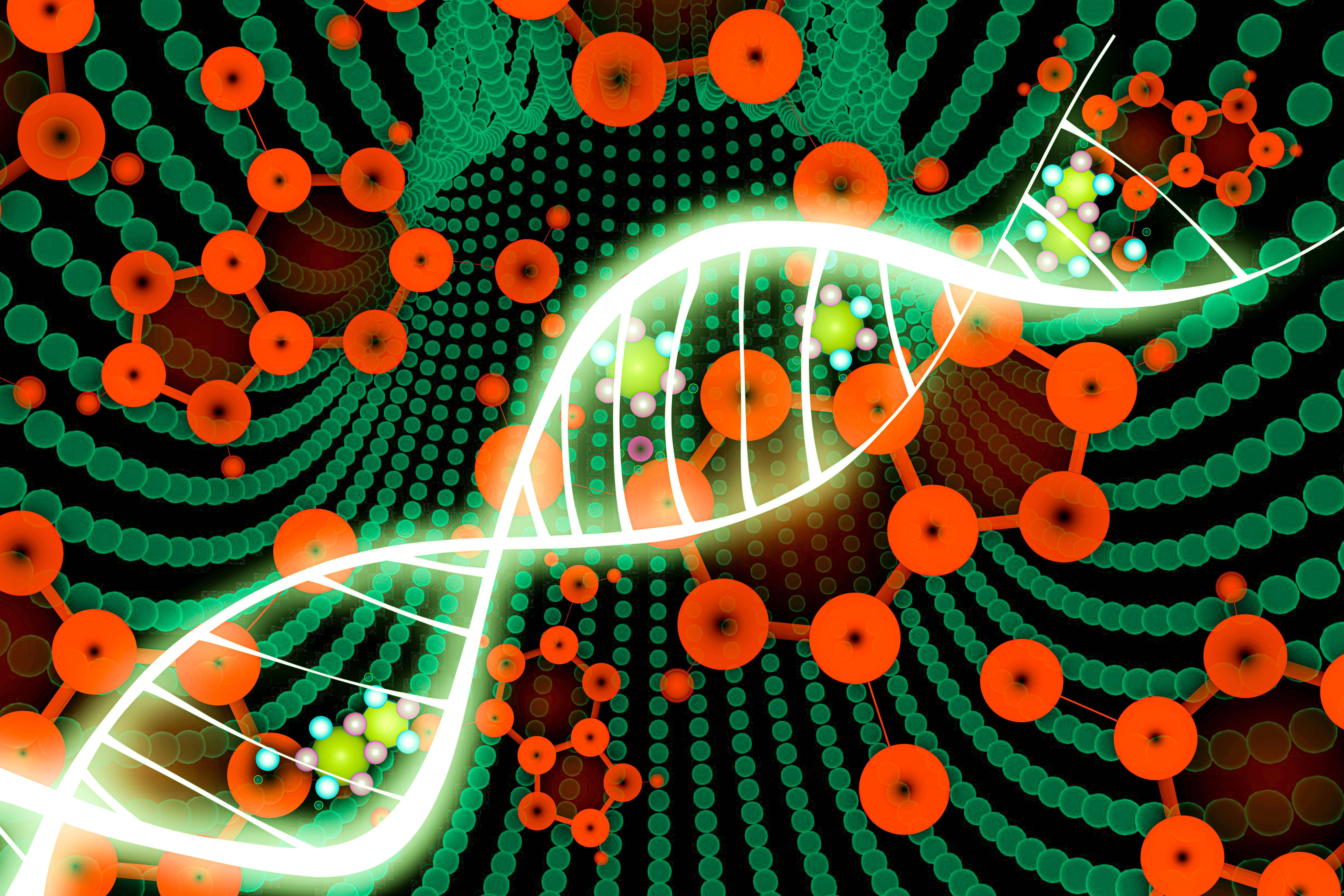[ad_1]

Scientists from the United Kingdom, the UAE, and Saudi Arabia have reconstructed the genetic history of Middle Easterners over the past 125,000 years.
A group of scientists from the United Kingdom, the United Arab Emirates and Saudi Arabia discovered the genetic code of the Middle Eastern population.
The research team found that the ancestry of most modern people in the Arabian Peninsula comes from ancient hunter-gatherers and the Bronze Age regional population. This includes ancestors from mysterious people who left Africa about 60,000 years ago, but is genetically different from all other major Eurasians.
In similar studies, researchers reconstructed the genetic history of Middle Easterners over the past 125,000 years.
This study, conducted by the University of Birmingham and the Wellcome Sanger Institute, analyzed DNA data from hundreds of people in the Middle East to reconstruct their genetic history.
It found that Bronze Age people from the Levant or Mesopotamia might have spread Semitic to Arabia and East Africa.
Until 15,000 to 20,000 years ago, the population of the entire Middle East grew in a similar manner. After that, the population of the Levant continued to grow, while the Arab population remained the same-“With the development of agriculture in the Fertile Crescent, this trend has emerged, leading to a settled society to support more people.”
Researchers have discovered millions of new genetic variants that are common in the region but rare elsewhere.
This research represents the first comprehensive open-access human genome-wide dataset from the Middle East.
The team published their results in Cell and found that the frequency of mutations associated with type 2 diabetes has increased recently due to selection. This challenges the assumption that the high incidence in the Middle East is entirely due to the recent shift to a sedentary lifestyle.
The lead author, Dr. Mohamed Almarri from the Wellcome Sanger Institute and Dubai Police Headquarters, said: “Our analysis illustrates the influence of lifestyle and climate on the demographic history of the region, as well as the contrast between the Levant and Arabia. “
Corresponding author, Dr. Marc Haber of the University of Birmingham, said that the team reconstructed “the genetic history of Middle Easterners in unprecedented detail to solve long-standing problems in population genetics.”
“We revealed why the Arabs have fewer Neanderthal ancestry than other non-Africans; the genetic influence of Middle Eastern agriculture; the spread of Semitic languages and their ancestry connections; and the impact of climate events on the size of the population.”
[ad_2]
Source link
